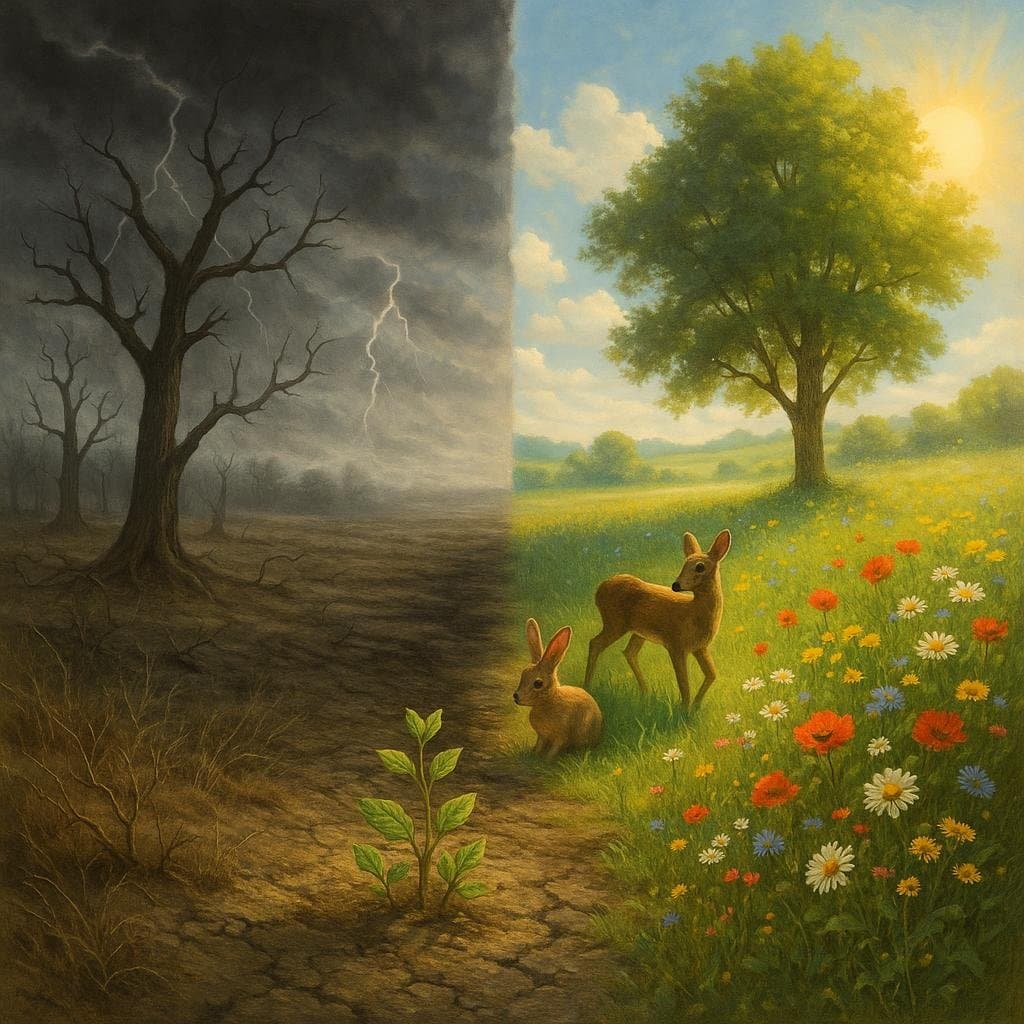Optimism and the Facade of Well-Being in Adversity

Optimism is the madness of insisting that all is well when we are miserable. — Voltaire
Voltaire’s Critique of Blind Optimism
Voltaire’s wry observation highlights the perils of unfounded positivity. By labeling optimism as ‘madness’ when it denies lived misery, he draws attention to the disconnect between outward attitudes and internal realities. This critique emerged prominently in his seminal satire, Candide (1759), where characters stubbornly uphold ‘all is for the best’ despite relentless disasters, questioning the value of unwavering cheerfulness in the face of real suffering.
Philosophical Roots: Leibniz and Pangloss
Voltaire’s notion is partly a rebuttal to the philosophical optimism of Gottfried Wilhelm Leibniz, who argued that ours is ‘the best of all possible worlds.’ In Candide, the philosopher Pangloss personifies this mindset, offering glib reassurances while enduring misfortune. Through satire, Voltaire exposes the absurdity of maintaining forced optimism, thereby encouraging honest appraisal over willful denial.
Psychology of Denial and Emotional Health
Moving beyond philosophy, modern psychology underscores the dangers of denying negative emotions. Compulsive optimism can mask problems, leading to greater distress. Studies, such as those published in the Journal of Personality and Social Psychology (Scheier & Carver, 1985), find that while hope has benefits, ignoring pain can prevent genuine healing. Voltaire’s insight foreshadows this wisdom: emotional well-being starts with acknowledging discomfort rather than glossing over it.
Cultural Pressures for Positivity
Today’s culture often equates happiness with virtue, pressuring individuals to ‘look on the bright side’ even during hardship. This inclination, sometimes called ‘toxic positivity,’ prioritizes outward composure over authentic experience. By tracing its roots to Voltaire’s critique, we see that this pattern is not new; society repeatedly struggles to strike a balance between healthy optimism and honest self-reflection.
Toward Authentic Optimism
Ultimately, Voltaire’s skepticism invites us to embrace a mature form of optimism: one that coexists with discomfort and acknowledges struggle. Rather than insisting ‘all is well’ amid misery, authentic optimism seeks silver linings while validating pain. By doing so, individuals and communities cultivate resilience—not by denying darkness, but by shining a light within it.